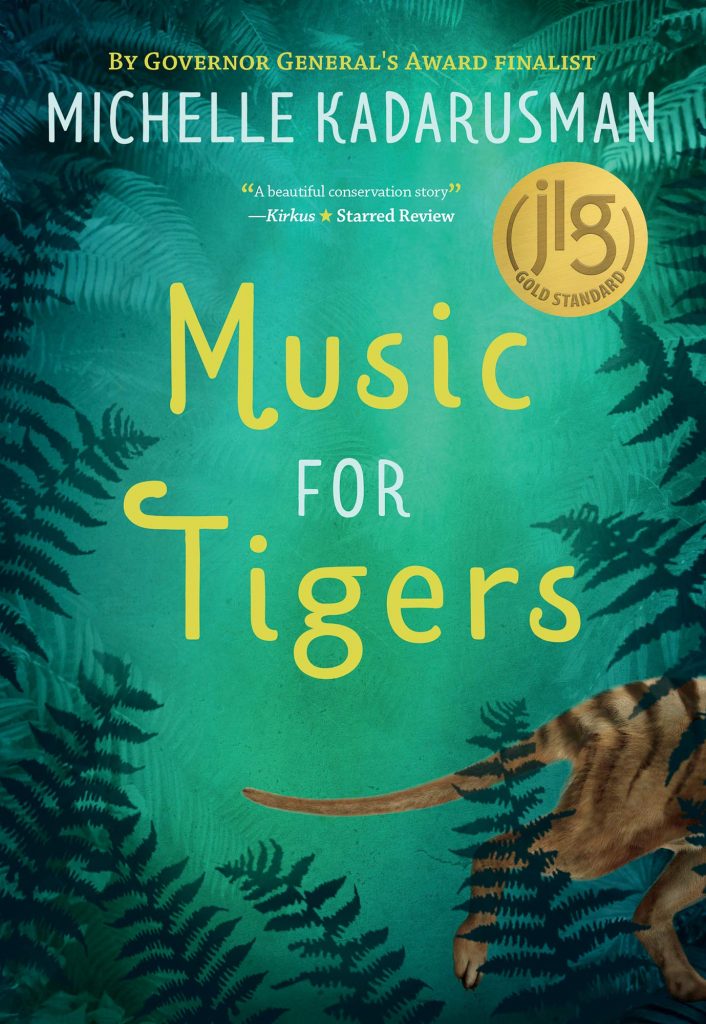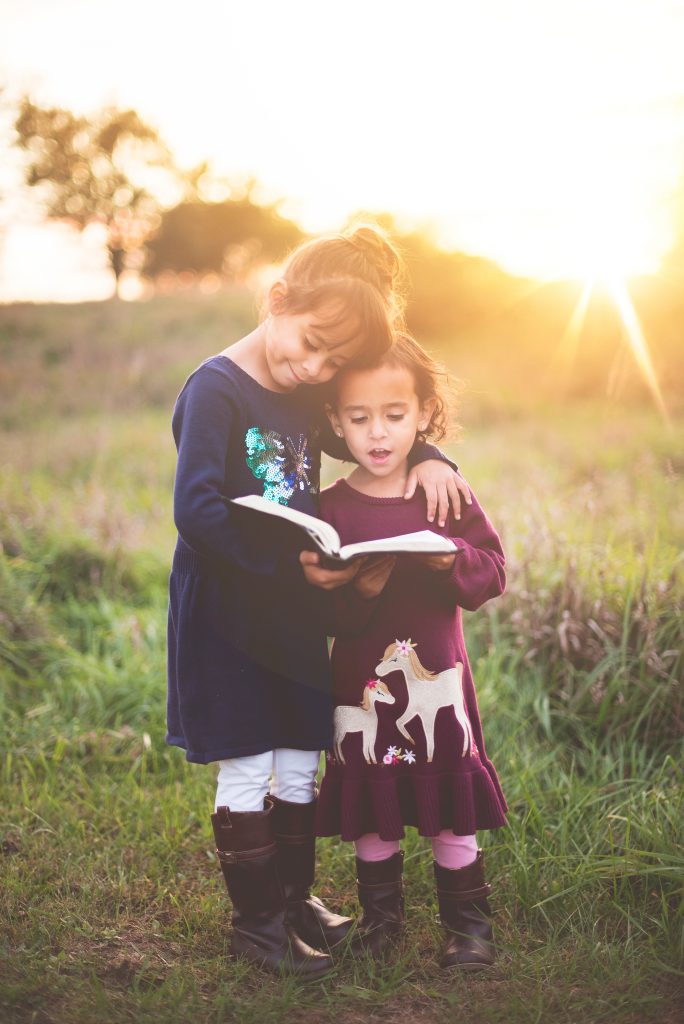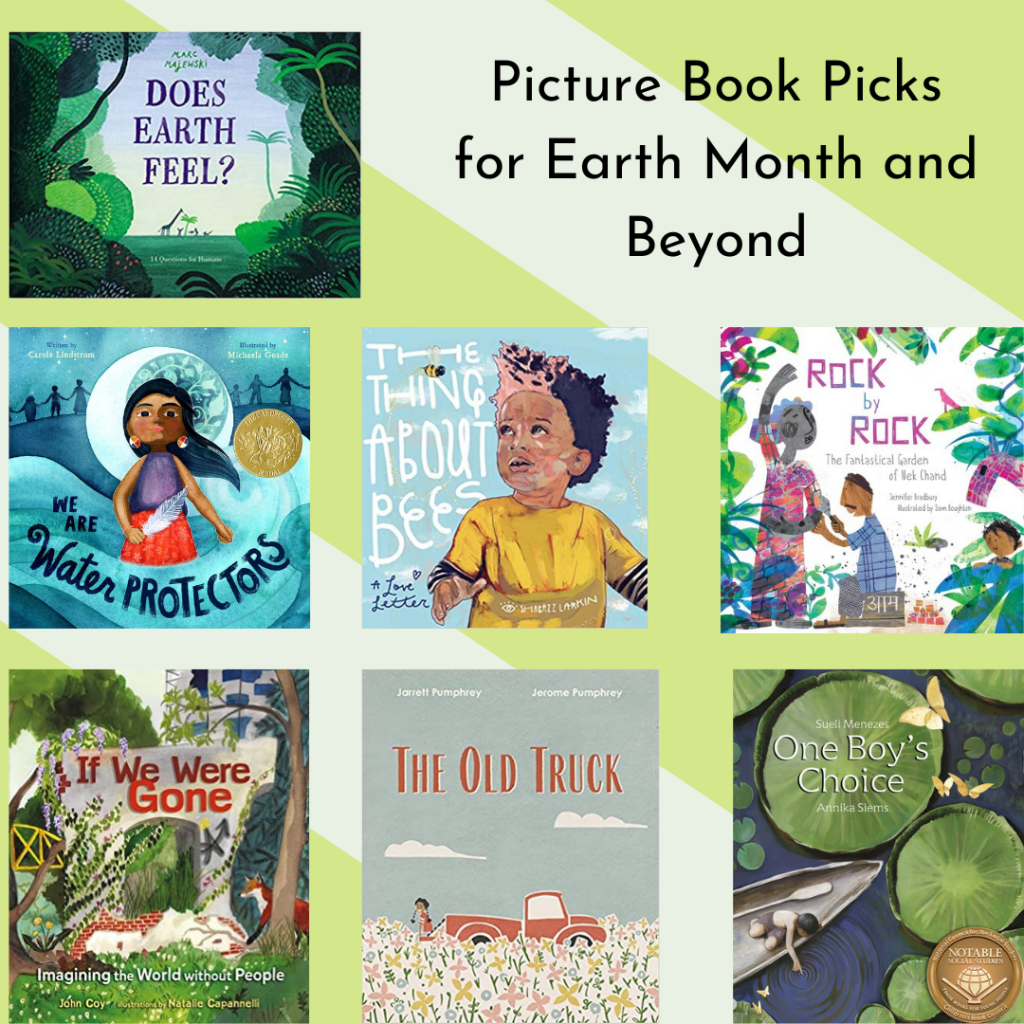As a reoccurring feature on the Sustainability Roundtable blog, we will post reviews of books related to sustainability. Interested in submitting your own review to the blog? Contact August at aolundsmith -at- gmail.com

Review: Music for Tigers by Michelle Kadarusman
Reviewed by Angele DeNeve, Assistant Manager Queens Library at Peninsula
Spoiler Alert: This review talks about the ending of Music for Tigers.
How could logging, mining and conservation possibly be connected to music and tigers? Luisa, a 12- year-old musician from Canada, is sent across the world to spend time with her uncle in the Tasmanian Rainforest. The land belonged to her ancestors and, unbeknownst to her, is being taken over to create easier access for logging and mining of its natural resources.
Luisa is disconnected from nature and completely unaware of the human effect on the Tasmanian Rainforest. Upon arrival, her only concern is finding time to practice for her upcoming audition for the Toronto Symphony Youth Orchestra. However, after spending time in the rainforest, getting to know her family’s history and meeting indigenous people of the area, Luisa’s focus begins to shift to the injustice of the loss of her family’s land to mining industries and the damage the mining is doing to the rainforest and its inhabitants. In particular, Luisa learns of the local “tigers,” or Tasmanian tigers believed to be extinct.
As the days pass Luisa learns of her family history through the journals of her great grandmother and discovers her connection to the land. After spending time with Colin, a local boy with autism who is an expert on environmental and local history, Luisa learns about the rainforest, the extinction of species, the history of the land and how to survive in the wilderness. She also makes the connection that people who don’t understand autism spectrum disorder can misunderstand and mistreat people who fall on the spectrum. Once Luisa is informed, she becomes sympathetic to her friend and defends and protects him from others. Similarly, once she is educated about the Tasmanian Rainforest, she feels compelled to do what she can to improve the situation.
While Luisa can’t save the land from the mining industry, she can help to protect the Tasmanian tigers using her music. Luisa’s music, like her great grandmother’s music, connects her to the last surviving Tasmanian tiger, enabling the safe capture and relocation of the animal before the land is taken over. Luisa not only saves the tiger, makes a friend and broadens her mind, but the experience helps her to succeed at her next audition. After being so focused on one thing for so long, Luisa sees that opening herself up to new experiences makes her a better human being and a better musician.
I appreciate that this story was set in an unusual place, with unusual species and carries such powerful messages about conservation, empathy, and personal growth. The most prevalent lesson being that once you learn about any type of mistreatment (land, species, human or otherwise) and see its impact first hand, it becomes your duty to respond. Most importantly, watching Luisa use her talents to make a change is a wonderful lesson on the effect one person’s actions can have on the world around us.
Extension activities for librarians working with youth:
- Have children locate the Tasmanian Rainforest on a map and find one recent article relating to the rainforest.
- Begin family history projects where children research their roots going back as many generations as possible – highlighting marriages, moves and career paths that impacted future generations.
- Research a Tasmanian aboriginal person. Share information in group discussions or poster projects.
- Research an endangered or extinct species and find the contributing factors to its downfall.


